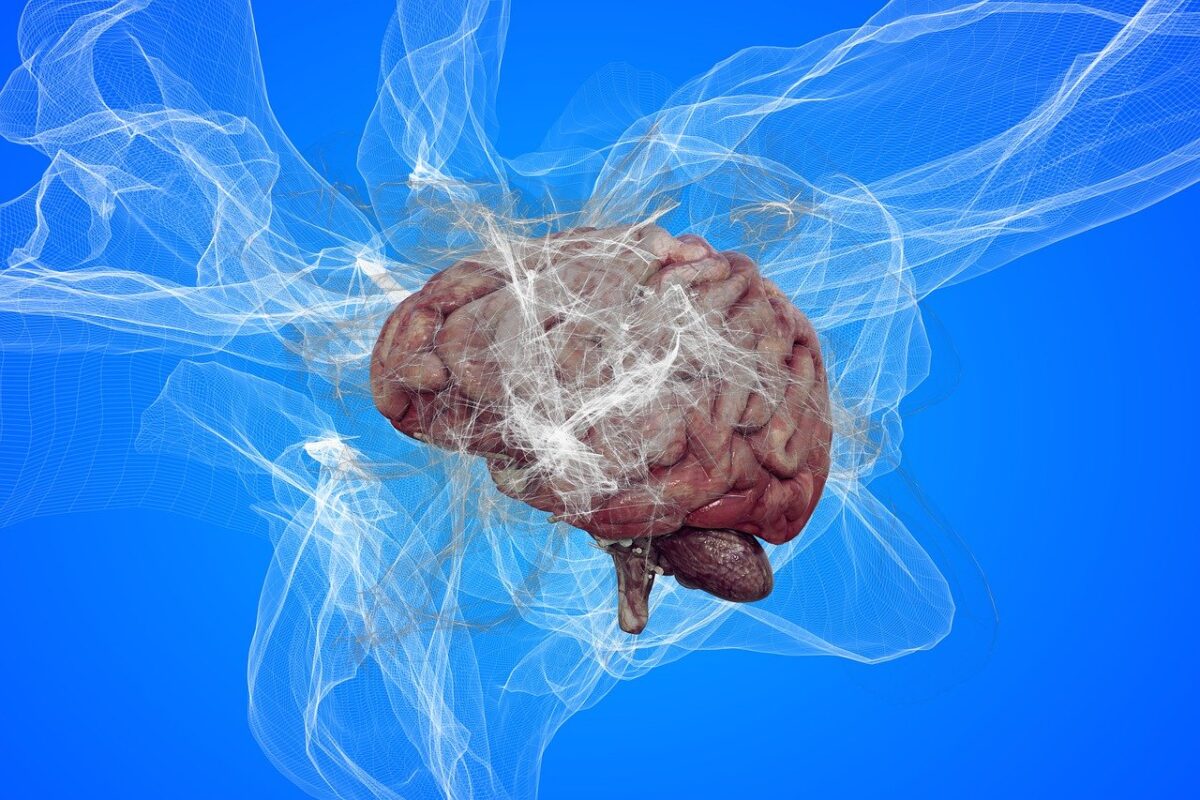Chronic diseases such as diabetes, heart disease, and hypertension have become widespread, often considered inevitable consequences of aging and lifestyle choices. However, the emerging field of disease reversal offers hope and tangible strategies for not just managing but potentially reversing these conditions. By addressing the root causes of diseases and implementing comprehensive lifestyle changes, individuals can restore health, vitality, and well-being. This article explores the principles of disease reversal, scientific evidence supporting it, and holistic approaches to achieve and maintain optimal health.
Understanding Disease Reversal
Disease reversal involves strategies and interventions aimed at reducing or eliminating the underlying causes of chronic diseases, leading to improved health outcomes and, in some cases, complete remission. Unlike conventional treatments that often focus on symptom management, disease reversal emphasizes healing at the foundational level, enabling the body to repair and regenerate.
Key Principles of Disease Reversal
- 1.Root Cause Analysis: Identifying and addressing the root causes of chronic diseases is fundamental to disease reversal. These causes often include poor nutrition, physical inactivity, chronic stress, and environmental toxins.
- 2.Holistic Lifestyle Changes: Comprehensive lifestyle modifications are essential for reversing chronic diseases. This includes adopting a nutrient-dense diet, regular physical activity, stress management techniques, and detoxification practices.
- 3.Holistic Lifestyle Changes: Comprehensive lifestyle modifications are essential for reversing chronic diseases. This includes adopting a nutrient-dense diet, regular physical activity, stress management techniques, and detoxification practices.
Scientific Evidence Supporting Disease Reversal
Significant research supports the potential for reversing chronic diseases through lifestyle changes and holistic interventions:
- 1.Cardiovascular Disease: Dr. Dean Ornish’s research demonstrated that a low-fat, plant-based diet, combined with exercise, stress management, and social support, can reverse heart disease. Participants showed improvements in arterial function and reduced plaque buildup.
- 2.Type 2 Diabetes: Studies have shown that dietary interventions, particularly low-carbohydrate and plant-based diets, can lead to significant improvements in blood sugar control and even remission of type 2 diabetes. Exercise and weight management are also critical components.
- 3.Hypertension: Lifestyle changes, including a diet rich in fruits, vegetables, and whole grains (such as the DASH diet), regular physical activity, and stress reduction techniques like meditation, have been proven to lower blood pressure and reduce reliance on medication.
- 4.Hypertension: Lifestyle changes, including a diet rich in fruits, vegetables, and whole grains (such as the DASH diet), regular physical activity, and stress reduction techniques like meditation, have been proven to lower blood pressure and reduce reliance on medication.
Holistic Approaches to Disease Reversal
A holistic approach to disease reversal incorporates various elements to promote overall health and healing:
1.Nutrition and Diet:
A nutrient-dense, anti-inflammatory diet is foundational for disease reversal. Emphasizing whole, unprocessed foods, rich in vitamins, minerals, and antioxidants, supports the body’s healing processes. Key dietary principles include:
- Plant-based foods: Fruits, vegetables, legumes, nuts, and seeds.
- Plant-based foods: Fruits, vegetables, legumes, nuts, and seeds.
- Lean proteins: Fish, poultry, and plant-based proteins.
- Lean proteins: Fish, poultry, and plant-based proteins.
2. Physical Activity:
Regular exercise enhances cardiovascular health, improves insulin sensitivity, and supports weight management. Activities such as walking, yoga, strength training, and aerobic exercises are beneficial.
3. Stress Management:
Chronic stress contributes to inflammation and exacerbates chronic diseases. Techniques such as mindfulness meditation, deep breathing exercises, yoga, and spending time in nature can reduce stress and promote relaxation.
4. Detoxification:
Eliminating or reducing exposure to environmental toxins, such as chemicals in food, water, and personal care products, supports the body’s natural detoxification processes. Hydration, adequate fiber intake, and supporting liver function through diet are essential.
5. Holistic Therapies:
Complementary therapies such as acupuncture, Reiki, and chiropractic care can enhance overall well-being and support the body’s healing mechanisms. These therapies often address energy imbalances and promote relaxation.
6. Mind-Body Connection:
Cultivating a positive mindset and emotional well-being is crucial for disease reversal. Practices such as gratitude journaling, visualization, and positive affirmations can strengthen the mind-body connection and support healing.
Conclusion
Disease reversal is a powerful concept that challenges the notion of chronic diseases as irreversible conditions. By embracing holistic lifestyle changes and addressing the root causes of diseases, individuals can achieve remarkable improvements in health and well-being. At EVVRYOU, we are committed to guiding you on your journey to disease reversal, offering personalized programs and holistic therapies designed to empower you to take control of your health. Embrace the possibility of a vibrant, disease-free life and discover the transformative power of holistic healing.

